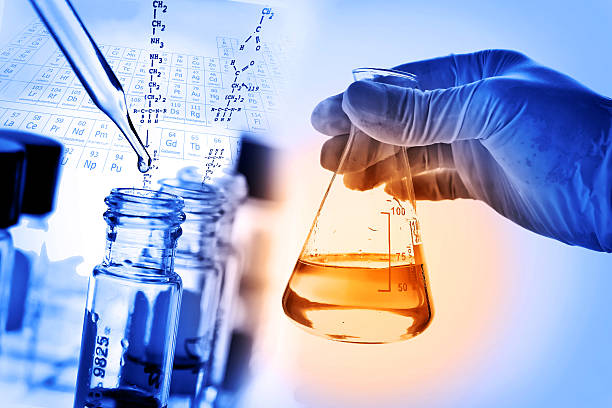Industrial Solvents
Solvents are used in the electronics industry for cleaning printed circuit boards (PCBs) and other components.

There are several types of industrial solvents, each suited for specific applications.
The most common categories include:
- Hydrocarbon Solvents: Derived from petroleum, these solvents include aliphatic (open-chain) and aromatic (ring-structure) hydrocarbons. Examples are naphtha, benzene, and toluene. Hydrocarbon solvents are commonly used in cleaning, degreasing, and as carriers in coatings.
- Alcohol Solvents: These include solvents like ethanol, isopropanol, and methanol, which are used for their excellent solubility and relatively low toxicity. They are popular in pharmaceuticals, cosmetics, and personal care products.
- Ketone Solvents: Known for their high solvency power, ketones like acetone and methyl ethyl ketone (MEK) are frequently used in the production of paints, coatings, and adhesives due to their fast evaporation rates.
- Ester Solvents: Ethyl acetate and butyl acetate are widely used in lacquers, coatings, and adhesives. They have good solvency for a range of resins and dry quickly, making them ideal for automotive and furniture finishes.
- Chlorinated Solvents: These include trichloroethylene and methylene chloride and are highly effective for degreasing applications, especially for metal parts. However, they have environmental and health concerns associated with their use.
- Water-Based Solvents: Increasingly popular as an eco-friendly option, water-based solvents are often used in cleaning products, paints, and coatings where minimizing volatile organic compounds (VOCs) is essential.